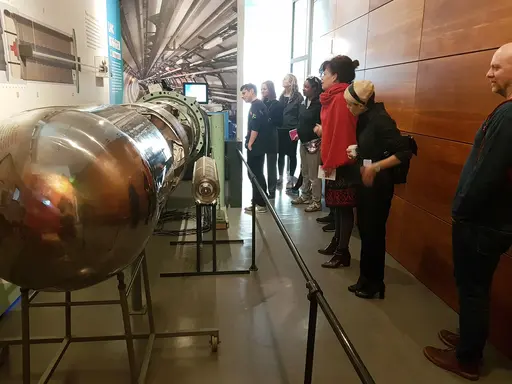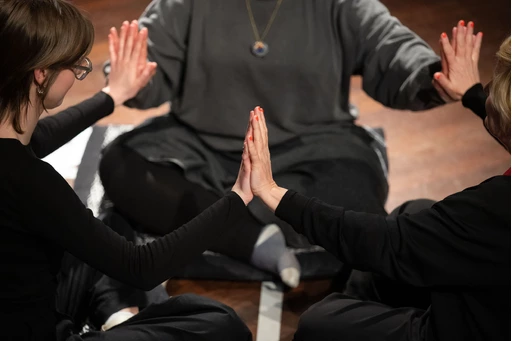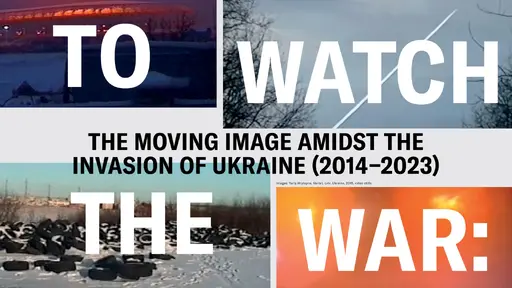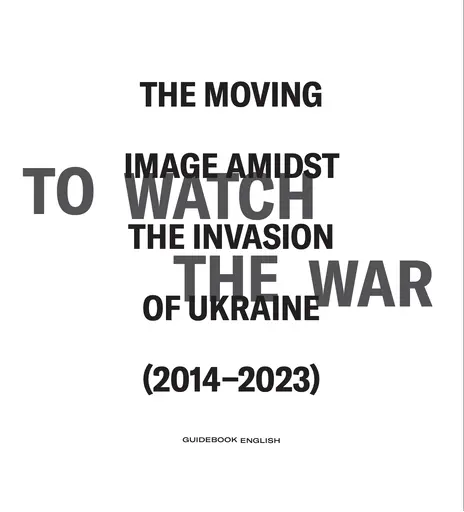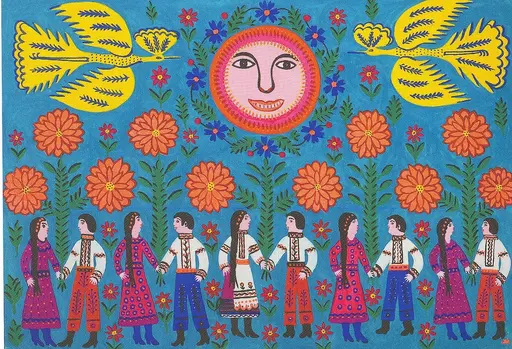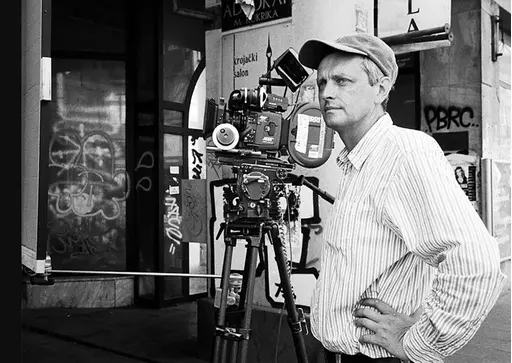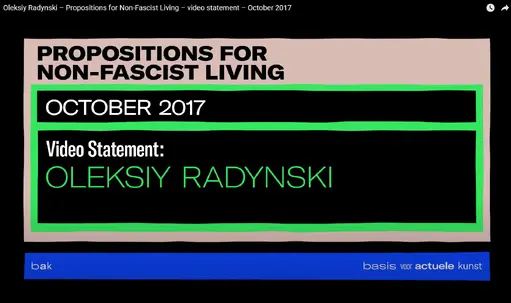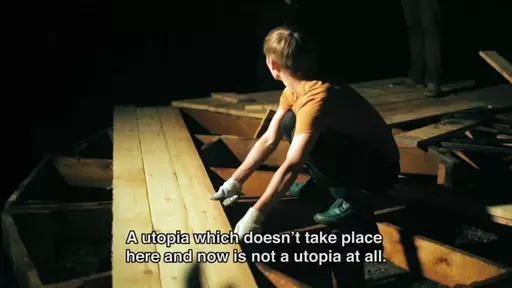
Oleksiy Radynski
filmmaker
Oleksiy Radynski is a filmmaker based in Kyiv. He was born in 1984 and raised on the ruins of a documentary film studio in Kyiv. After studying film theory at National University of Kyiv-Mohyla Academy, he took part in several film education experiments including Home Workspace Program (Ashkal Alwan, Beirut) and Labor in a Single Shot by Harun Farocki and Antje Ehmann.
His films have been screened at International Film Festival Rotterdam, Rotterdam; Oberhausen International Short Film Festival, Oberhausen; Krakow IFF, Krakow; DocAviv, Tel Aviv; Sheffield DocFest, Sheffield; Docudays UA, Kyiv; DOK Leipzig, Leipzig; Internationale Kurzfilmtage Winterthur, Winterthur; The Institute of Contemporary Arts, London; e-flux, New York; S A V V Y Contemporary, Berlin; and International Studio & Curatorial Program, New York. As an essayist he has contributed to a number of publications including Proxy Politics: Power and Subversion in a Net- worked Age (Archive Books, 2017), Art and Theory of Post-1989 Central and East Europe: A Critical Anthology (MoMA, 2018), and e-flux Journal. In 2008 he co-founded Visual Culture Research Center, an initiative for art, knowledge, and politics.
related
